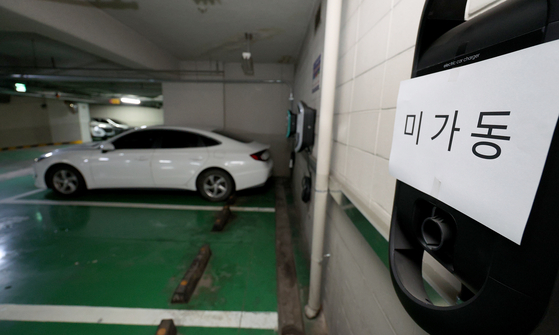All of this anxiety surrounding EVs may come from a pervasive misconception about their increased flammability: Comprehensive data proves that EVs are less likely to burst into flames than gas-powered vehicles. EVs had 1.3 fires per 10,000 registered units in Korea as of end of last year, while internal combustion engine cars had 1.9 fires per 10,000 units, according to the latest data from the Science and Technology Policy Institute.
It’s fan deaths all over again.
Your comment confused me… Wikipedia has the answer:
Fan death is a misconception that people have died as a result of running an electric fan in a closed room with no open windows. While the supposed mechanics of fan death are impossible given how electric fans operate, belief in fan death persisted to the mid-2000s in South Korea,[1][2][3] and also to a lesser extent in Japan.[4][5][6]
Do the fires occur under the same circumstances?
For example, if 1.3/10,000 EVs catch fire spontaneously while the 1.9/10,000 ICE cars only caught fire after serious accidents, I could see why folks might make that decision.
I don’t know. But as an EV enthusiast, I hope that there will be more research on this topic. I feel that the perceived risk of burnibg is holding EVs back.
It’s not a problem exclusive to Korea. In the United States, EVs have a 0.03 percent rate of catching fire, while internal combustion engine cars have a 1.5 percent rate, according to the latest report by the U.S. National Transportation Safety Board.
And then there is the problem with existing data. How can the US numbers be so different than the Korean numbers?
What about different battery technologies? Different cell chemistries? Is this one chinese manufacurer really at fault or is this just a wrong interpretation?
So many questions, I can only hope we know more soon.
Just to normalize numbers, if my math is right in the US that’s:
- EVs 3/10,000
- ICE 150/10,000 (😱)
I’m really uninformed so this is just coming from a Joe-consumer perspective but I would guess EVs catching fire at double the rate in the US vs Korea must be manufacturer related, right? I’d guess the US is mostly Tesla and Korea is mostly BYD?
Car and/or battery manufacturer would be my guess, too.
Korea probably has many Hyundai/Kia cars … but thats just guessing.
So, let me get this right. They’re afraid of battery-powered vehicles, because of potential flammability, but are not afraid of vehicles, that literally move based on the concept, that you repeatedly ignite an explosive liquid inside of the engine? Come on now
I didn’t think it’s unreasonable to have this bias. Sure, ICE cars burn up more frequently, but the damage they do is significantly lower than EVs when they burn up.


